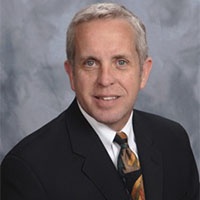Britton White Collar Crime Lawyer, Michigan
Sponsored Law Firm
-
 x
x

Click For More Info:
-
Hannawa Law PC
2909 E Big Beaver Rd Troy, MI 48083» view mapCriminal Defense Law Full-service legal experts on your side.
Whatever the specific details of your situation may be, our attorneys are ready to fight for you and guide you through every step of the process.
248-466-0770
Thomas S. Piotrowski
✓ VERIFIEDCriminal, Estate, Felony, White Collar Crime, Misdemeanor
Thomas Piotrowski is an experienced and aggressive litigator who handles cases in and around the Detroit metro area. Since graduating cum laude from t... (more)
Alyson Oliver
Family Law, White Collar Crime, Corporate, Medical Malpractice
Status: In Good Standing
Anthony Della Pelle
Other, Divorce & Family Law, White Collar Crime, Criminal
Status: In Good Standing
Barton W. Morris
Medical Products & Devices, Federal Appellate Practice, White Collar Crime, Criminal
Status: In Good Standing
Barton Webster Morris
Medical Products & Devices, Federal Appellate Practice, White Collar Crime, Criminal
Status: In Good Standing
Brian Joseph Prain
Domestic Violence & Neglect, White Collar Crime, Misdemeanor, Criminal
Status: In Good Standing
Brian T. Hilderley
Family Law, White Collar Crime, Business
Status: In Good Standing Licensed: 25 Years
Carl Jordan
Criminal, Felony, DUI-DWI, Misdemeanor, White Collar Crime
Status: In Good Standing Licensed: 27 Years
 Nickolas Hannawa Troy, MI
Nickolas Hannawa Troy, MI AboutHannawa Law PC
AboutHannawa Law PC

